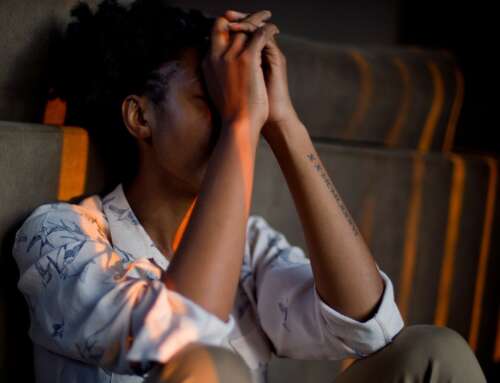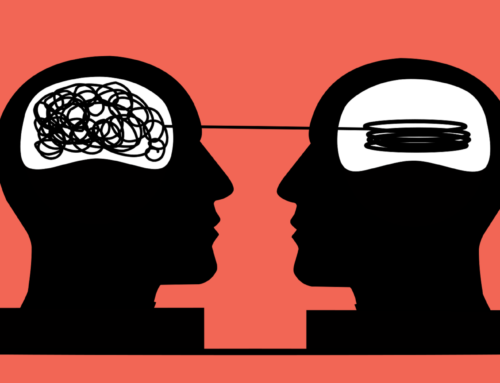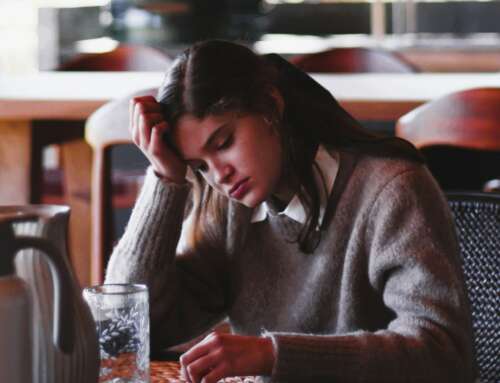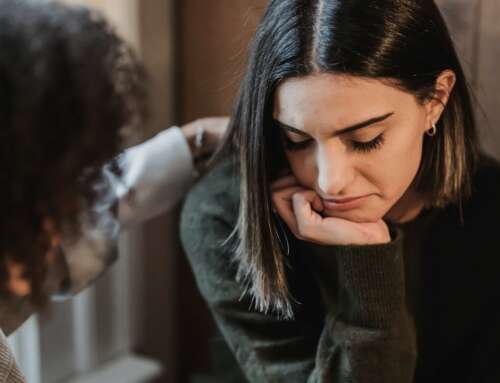At the biggest fighting game tournament in the world, Justin “Plup” McGrath experienced his first panic attack.
Considered a favorite to win the title at the Smash Bros. Melee event at Evolution Championship Series in early August at the Mandalay Bay Events Center, McGrath was defeated right before the final, and he finished in third place. What was at first seen as a moment of anguish — a title contender bowing out before even having a chance at a title — quickly turned into a concerning scene.
Thousands of social media messages rolled in as people wondered whether McGrath was OK. Juan “Hungrybox” Debiedma, also a Melee player from the Florida region and former duos partner with McGrath, put his arm around his fellow competitor and tried to help him the best he could.
Watching from the front row of the Las Vegas tournament, I tensed up. As someone who was diagnosed with social anxiety and clinical depression as a child, the situation seemed bizarrely akin to past experiences I’ve had, even though I’ve never competed on as large of a stage as McGrath. The thousands of eyes peering at your every movement. The pressure to succeed or become awash with the split-second feedback of your onlookers. The fear of failure. The sense of loneliness despite the crowd.
McGrath, following the event, announced on Twitter that it was the “first time in my life” that he had experienced a panic attack during an event. In the same tweet, he said although this new obstacle added another wrinkle to competing professionally, he had started taking medication that was noticeably helping.
“I’ve been a mess ever since,” he wrote after his elimination from the tournament. “It’s quite disconcerting knowing I could start spazzing out any time I get on stage. It’s one more thing to worry about for tournaments, and just writing this is making my heart race.”
In the world of competitive video games, mental health issues loom so large and come up so often that the problem somehow becomes invisible. When a player or team fails at a large event, one of the first things fans harp on is “mental toughness.” We make a point of analyzing whether a team or player, win or lose, has the fortitude to ever become a champion. The best video game players are not only lauded for their specific skills on a controller or mouse, but also for their steely minds, which are purportedly capable of withstanding the harsh judgment and pressure that seems to emanate from every angle of their lives.
That’s the lie we tell ourselves, both as spectators and as victims of mental health issues: The best competitors, the greatest people among us, are unbreakable.
In North America, while some League of Legends teams have moved to get their players their own apartments and have rented separate spaces for training, the old practice brought over from South Korea — team houses — is still prevalent. In team houses, players wake up, eat together, practice together, eat together again, practice together again and then sometimes even share rooms with their teammates without any time to themselves. On average, during a competitive season, players will get maybe one day off a week to themselves, with the rest littered with scrimmages and individual practice.
“I’ve seen so many players have these key ‘aha’ moments that have completely changed their career trajectories,” Summer Scott, Counter Logic Gaming’s head of player development, told ESPN. “One of my favorite players to work with started out with a really poor reputation in the community. He was known for having a really poor attitude, and not many were willing to take the risk to have him on their team. After working together with me, we learned that all of that negativity was just him trying to protect himself from failure.
– Tyler Erzberger
Read More: Mental Health Issues Remain Pervasive Problem in eSports Scene







Leave A Comment